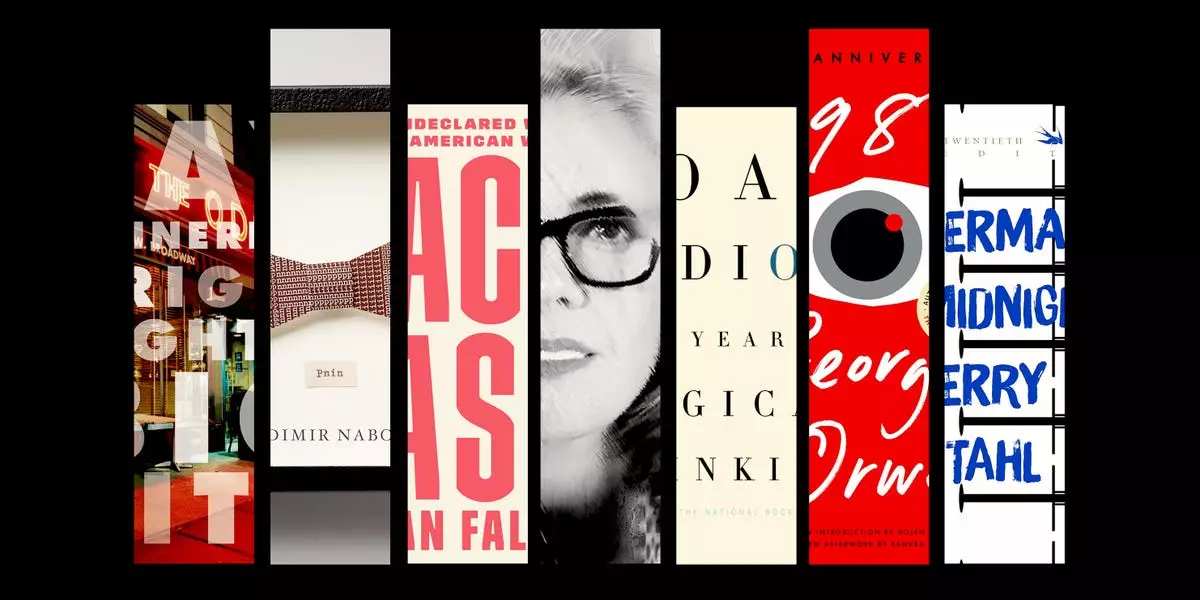In our turbulent world, the stories we tell about our lives offer essential lifelines of resilience and hope. Author and political analyst Molly Jong-Fast brings this notion sharply into focus with her latest book, *How to Lose Your Mother*. Set against the backdrop of unimaginable personal loss and upheaval, Jong-Fast channels her experiences into a profound narrative journey that connects heartache with healing. As she navigates the complexities of familial illness and grief, her work stands as a testament to the power of personal storytelling.
The resonance of Jong-Fast’s reflections is magnified by her ambition to create a work reminiscent of Joan Didion’s seminal book *The Year of Magical Thinking*. In this homage, she draws on the emotional weight of losing loved ones while simultaneously wrestling with her personal struggles. In an era where feelings of isolation and despair are rampant, her writing illuminates a path through the difficult emotions that arise during such transformative life events.
Finding Stability in Turmoil
Jong-Fast’s determination to find stability amid chaos shines through in her narrative. Losing not only her mother to dementia but also her husband to cancer—and eventually both her father-in-law and stepfather—could have easily plunged her into an abyss of despair. Instead, she artfully reclaims her story as a way to ground herself. The heart of her book lies in the idea that while life’s trials can feel insurmountable, the act of sharing these experiences can create a sense of fellowship among readers who may find themselves in similar distressing circumstances.
In an age where vulnerability is often met with skepticism, Jong-Fast breaks down walls by candidly presenting her life’s trials. The fundamental human connection created through shared narratives serves not merely as therapy but as a robust form of empowerment. She acknowledges the enigma of hope, stating that if even a single person finds solace in her words, the effort behind her book is justified. In an increasingly fragmented society, her work is an antidote—reminding us of the uniting power of shared experience and the normalization of grief.
Cultural Commentary: Beyond Personal Grievances
Moreover, Jong-Fast’s role as a political analyst adds an additional layer of depth to her narrative. The intersection of personal tragedy with broader societal issues invites readers to critically examine how societal structures affect individual lives. Her acute observations about loss are not isolated from the political landscape; instead, they intertwine, reflecting the complexities of modern existence where public and private spheres are inextricably linked.
This duality makes her writing relatable to a diverse audience. Readers can connect with her experiences not just through a lens of grief, but as individuals living under the pressure of systemic changes in a precarious world. Her perspective prompts us to consider how our personal narratives are often influenced by external factors beyond our control—be it political upheaval, cultural expectations, or collective grief.
The Lifeline of Authentic Recommendations
Adding to her literary resonance, Jong-Fast is not merely an author of her own story; she is also a curator of literature that reflects her identity and insights. Her recommendations, encompassing works like *Bright Lights, Big City* by Jay McInerney and *Backlash* by Susan Faludi, reveal her literary tastes that oscillate between the darkly humorous and the deeply provocative. Each recommendation acts as a reflection of her journey and her intellectual grappling with themes of identity, gender, and the human condition.
In highlighting these texts, she promotes a dialogue on how literature can serve as both shield and sword—providing consolation during hard times while simultaneously challenging societal norms. Her belief in earnestness, as seen through her literary selections, reinforces the importance of sincerity in a world often overwhelmed by superficiality.
Ultimately, Molly Jong-Fast’s narrative is more than a personal story; it is a call to recognize the power of vulnerability, the importance of storytelling, and the critical role that literature plays in healing. Her work serves as both an invitation and a challenge: to embrace our complexities while reaching out to connect with others through the stories we live and share.

